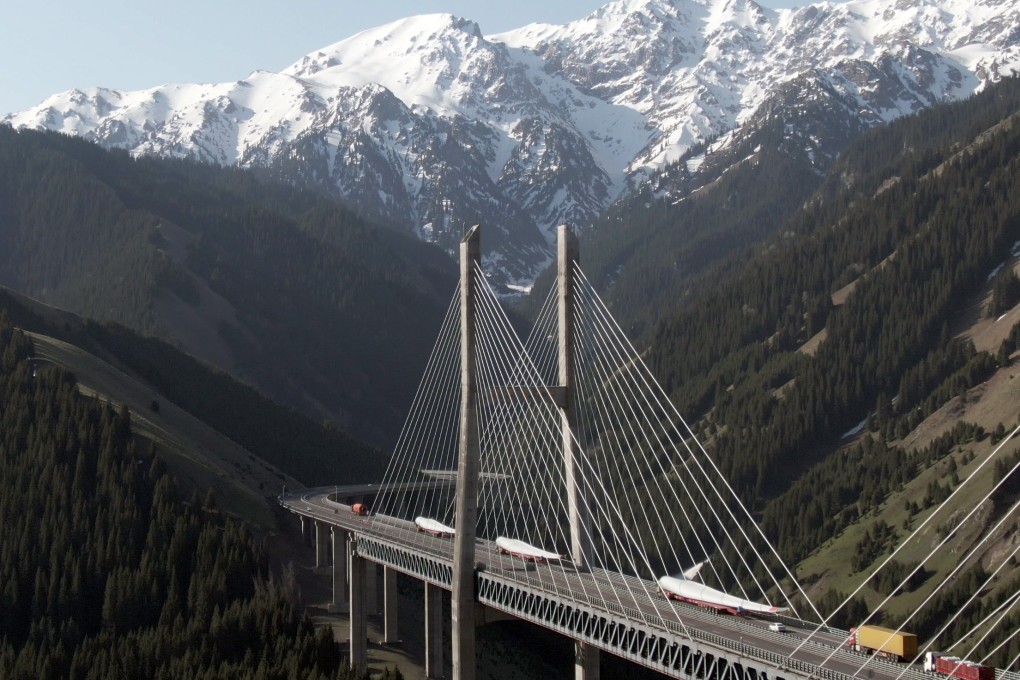Opinion | Belt and Road Initiative: Kazakhstan shows how to meet China on its own terms
- The Central Asian nation is taking advantage of its strategic location to diversify away from its traditional dependence on Russia
- Despite fears of Chinese colonisation, it has succeeded in aligning the belt and road projects with its own development plan, something that can be a lesson for other middle powers

As a middle power in a dangerous neighbourhood, Kazakhstan might be expected to be under the influence of China, its much more populous neighbour. Kazakhs have long feared a Chinese invasion, or at the least a slow colonisation.
A closer examination suggests Kazakhstan is taking advantage of its strategic location to diversify its partners and pursue its national interests. It could yield some lessons for other middle powers on how to coexist with China.
When it comes to the initiative, Kazakhstan has bent it to its own interests. It offers an opportunity to diversify away from its traditional dependence on Russia. Rather than replacing one dependency with another, Kazakhstan has aligned belt and road projects with its own domestic infrastructure development plan.
